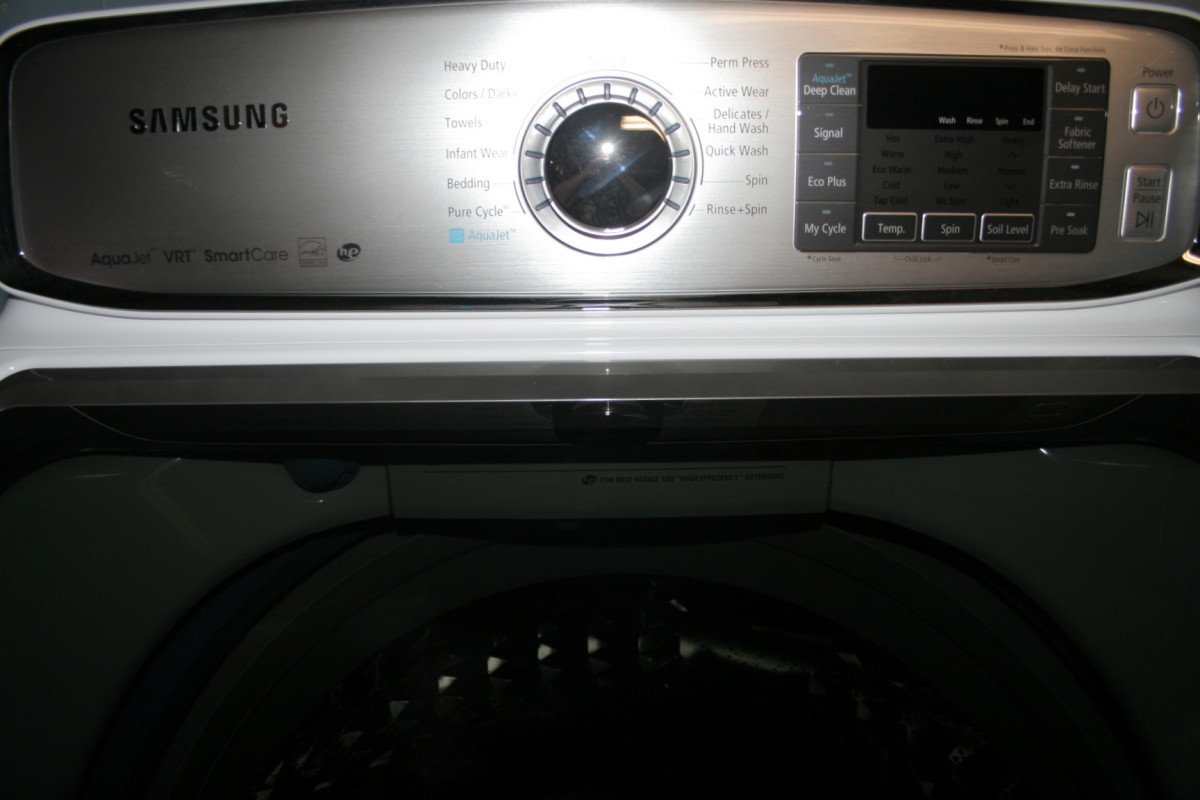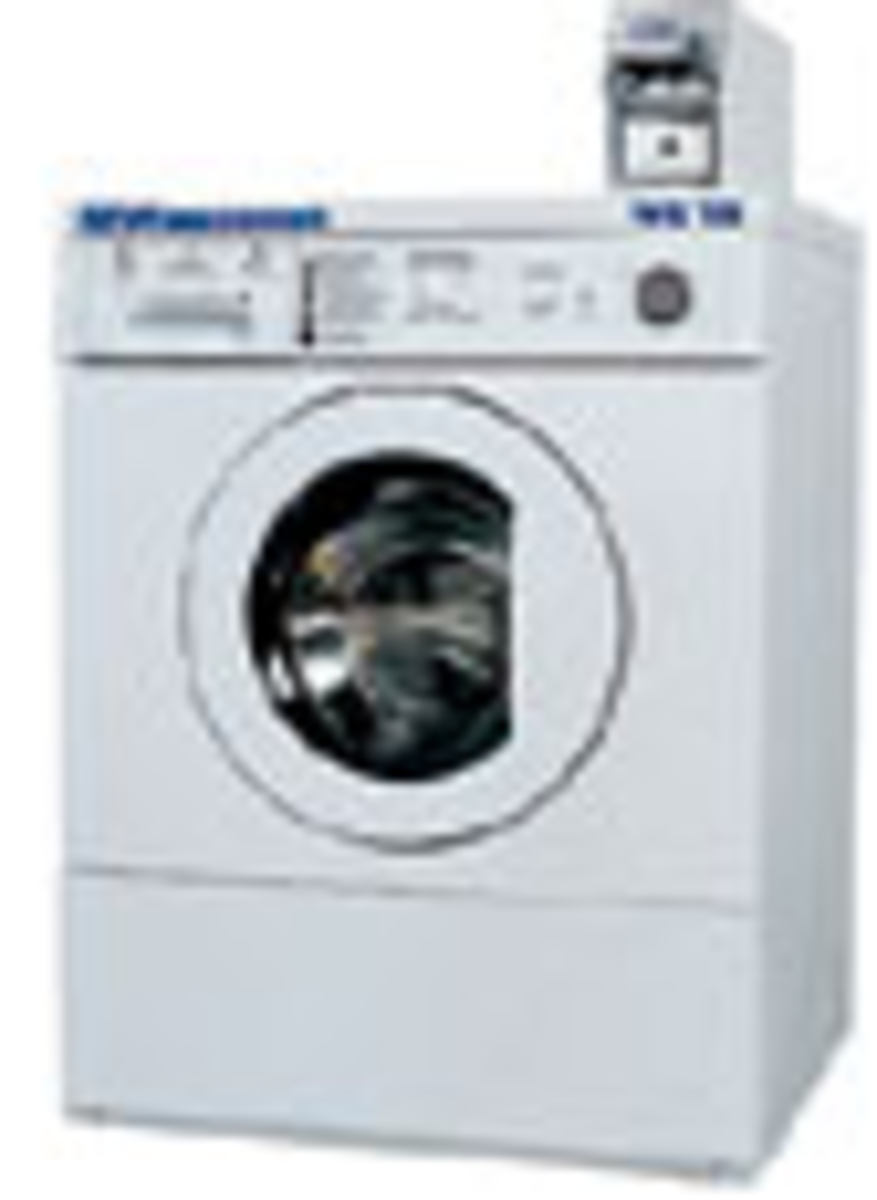How to Conserve Energy When Using Your Washing Machine and Tumble Dryers
The average household uses its washing machine around five times a week, which accounts for around a twelfth of the home's total electricity use. Around 90% of this energy consumption goes towards heating water, so the best way to reduce the impact of each wash - besides using a machine rated A for energy efficiency - is to select the lowest temperature that will get the job done to a satisfactory standard.
Drying clothes
However you wash your clothes, drying them on a line or rack rather than using a dryer is an obvious way to make substantial energy savings. Dryers typically use considerably more energy than washing machines, with each cycle adding to your electricity bill. That doesn't seem like much, but used for every wash a dryer can easily add a tenth to your household power consumption.
As climate commentator Chris Goodall points out in his book How to Live a Low Carbon Life, basic physics tells us that evaporating water from clothes drying on a rack in the home will cause the air to cool, so in the winter it makes sense to put your rack in an empty room. In the summer, by contrast, putting your clothes rack in the kitchen or draping the wet clothes over radiators and banisters will give you a free air-conditioning effect.
Which detergent?
Traditional detergent manufacturers have for years been criticized both by green groups, for their overuse of environmentally burdensome chemicals, and by animal rights campaigners, for their inclusion of ingredients tested on animals. So should we all switch to "green" brands such as Ecover?
First, let's consider the environmental issue. All things being equal, it clearly makes environmental sense to favour brands that use easily degradable plant-based ingredients rather than less easily degradable and more toxic petrochemicals. Of course, it's also good to support ethically progressive brands. But if you take the view that climate change is the key environmental threat, you might decide the most important thing is to save energy by using lower washing temperatures and shorter cycles. And you may find you get better results on those kinds of programmes with a non-eco detergent - especially for clothes that are heavily soiled. If, on the other hand, you're not so fussy about your clothes always seeming cleaner than clean, the ecological detergent will almost certainly suffice.
A more meaningful comparison of different types of washing powder would include a look at the carbon footprint of the production of each brand. Unfortunately, this data isn't available - even for most of the green brands. Ecover is ISO 14001 certified and produced in an environmentally progressive building, but as yet it's impossible to say how its products compare with the mainstream competition in terms of carbon emissions.
Hardline greens point out that, for lightly soiled clothes, it's possible to get by with no washing powder at all, since sweat and much other dirt is water-soluble and removed perfectly well by the warm water and rotating action of a washing machine. This probably explains the success of products with names such as eco-balls, eco-discs or aquaballs that claim to remove the need for detergent by "ionizing" or "magnetizing" the water. Many green consumers swear by them, but sceptics have described them as the washing equivalent of a placebo pill.
As for animal testing, if this is your main priority you should look out for products bearing the Humane Household Products Standard jumping rabbit logo. Even here there's arguably an environmental flip side, however. Current law requires all new cleaning ingredients to be tested on animals before they can be used in products, so to carry the logo a company effectively has to promise never to use any new ingredients - at least not until the laws on animal testing change. That's fine for needless new ingredients designed, for example, to "optically brighten" our whites, but it does mean closing the door on any future chemicals that could help make the products greener.





